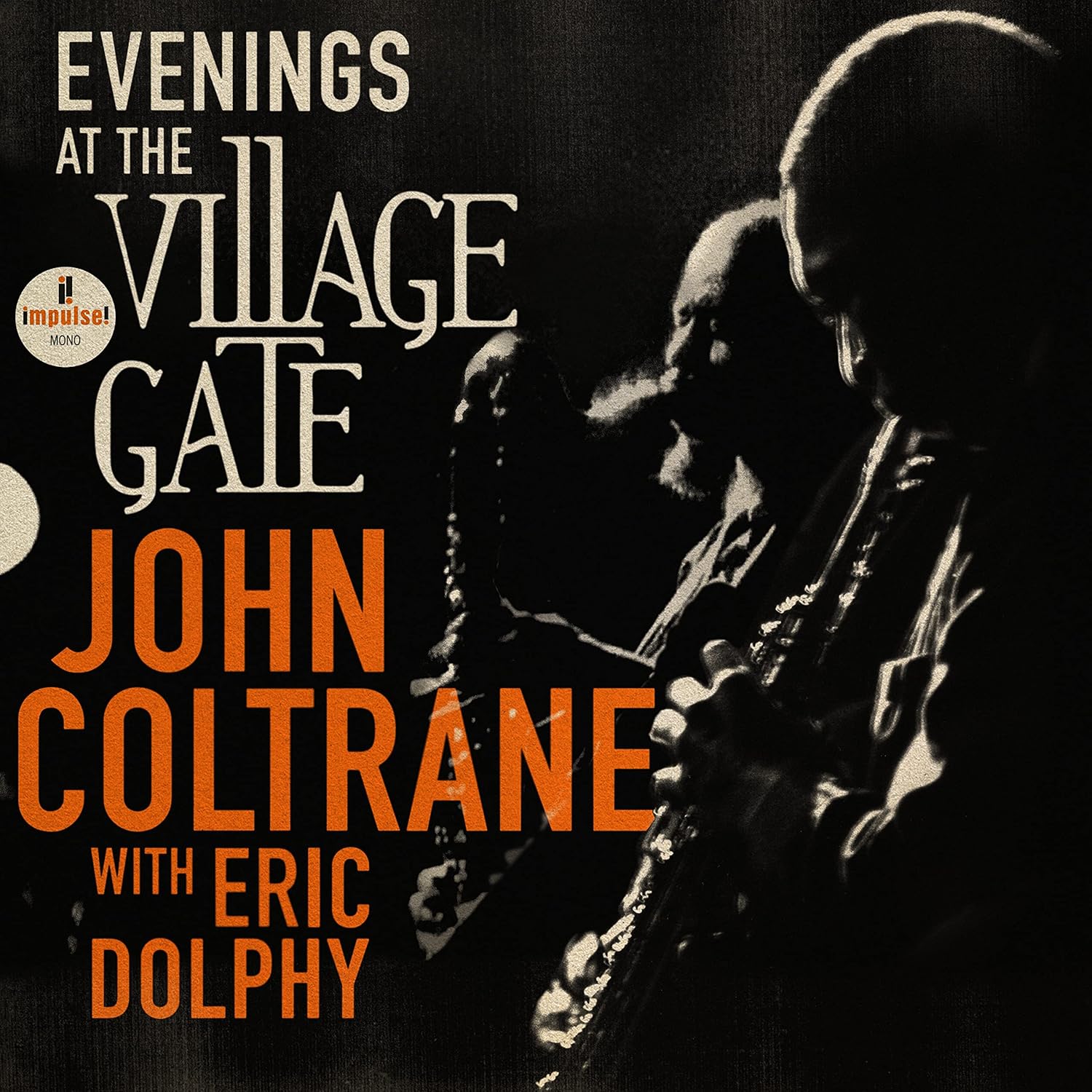About this deal
At over twenty minutes, “Africa” is the longest piece and features an extended bass section, Davis soloing while Workman maintains the groove. Basslines are sometimes difficult to unearth from the tumult, with the notable exception of “Africa”—ditto Dolphy’s more delicate trills. The booklet is beautiful, with my only caveat being that it’s a bit difficult to work out who wrote what. Coltrane plays a hit (“My Favorite Things”), a standard from before his era (1936’s “When Lights Are Low”), a song that he would not put out on record for several years (“Impressions”), and a couple of recordings that the world was about to hear in studio form (“Greensleeves” and “Africa”).
Dolphy’s feature on bass clarinet on ‘When Lights Are Low’ has something of a bassoon-ish quality that is hauntingly eerie. Given the rarity and extraordinary circumstances pertaining to the discovery of this music the sound is as good as could be expected, do not let it deter you. Evenings at the Village Gate: John Coltrane with Eric Dolphy, a new archival release, captures the 34-year-old artist as he comes to grips with his music’s remarkable possibilities. The album is culled from a couple of nights during an August and early September residency at the Village Gate, a since-shuttered Greenwich Village venue. On the next track, “When Lights Are Low,” Dolphy’s bass clarinet simmers below Coltrane’s tea-kettle sax tones.If you play in a place where they really like your group,” Coltrane told Downbeat magazine in 1962, “they can make you play like you’ve never felt like playing before. Some of the Village Gate dates featured a second bassist, Art Davis (no relation to Steve), who provided drones and allowed Workman to roam without restraints. By 1970, Coltrane’s former boss Miles Davis was using two bassists on a game-changing release in a far different vein, Bitches Brew. The concert itself is fascinating Coltrane still is modal mode but getting increasingly ferocious in his sound explorations with Dolphy going his own way into the avant garde with his angular, but not unmelodic, sound.
It was recorded by an engineer without Coltrane's permission and the tape was eventually found in the New York Library of Performing Arts by a Bob Dylan archivist. Coltrane’s road to the avant-garde was built from his ability to compose, arrange, and imagine new roles for diverse instruments on his bandstands. The rest of jazz soon followed suit: A decade later, musicians far and wide explored the spiritual caverns and world-spanning vistas that Coltrane uncovered at the dawn of the ’60s.The single microphone means the music is in mono, and as with many bootleg recordings, some instruments are recorded better than others.
He adapts it for another soloist, and rebuilds it into other tracks, one of which he dedicated to Africa. Seminal Never-Before-Heard 1961 Recordings Released On 'Evenings at the Village Gate: John Coltrane with Eric Dolphy' ". He divided rhythm duties, writing static harmonies that pulsed through his piano lines, permitting more movement from drummers and bassists. Just as Coltrane did for Miles Davis during their final shows together, Dolphy widened Coltrane’s canvas.Dolphy, meanwhile, plays a high bird-song flute that seems to dance above it all, offering Coltrane possible paths for a lighter flight.
The song begins with applause, as the band teases a fleeting figure from a George Gershwin tune that Coltrane reinvented, “Summertime. Dolphy consistently pushes boundaries – indeed, he sounds more adventurous than Coltrane much of the time – although on the particularly fast “Impressions” , Coltrane’s soprano reaches new highs, its repetitiveness being almost hypnotic. His early-’60s classics Giant Steps and “Live” at the Village Vanguard planted seeds for free and spiritual jazz, which flowered into teeming subgenres. This recording represents a very special moment in John Coltrane's journey—the summer of 1961—when his signature, ecstatic live sound, commonly associated his Classic Quartet of '62 to '65, was first maturing and when he was drawing inspiration from deep, African sources— and experimenting with the two-bass idea both in the studio (Olé) and on stage. However, back in 1961 the duo’s elemental, modal playing was regarded by some as a step into nihilism and anarchy, an “anti-jazz”, in the contemporary words of Downbeat magazine’s Leonard Feather.The version bears no similarity to the original except for a several-second phrase during a breathless solo. Alderson placed his single mic near Elvin Jones, whose elastic drumming feels like a marvelous solo act.
 Great Deal
Great Deal 